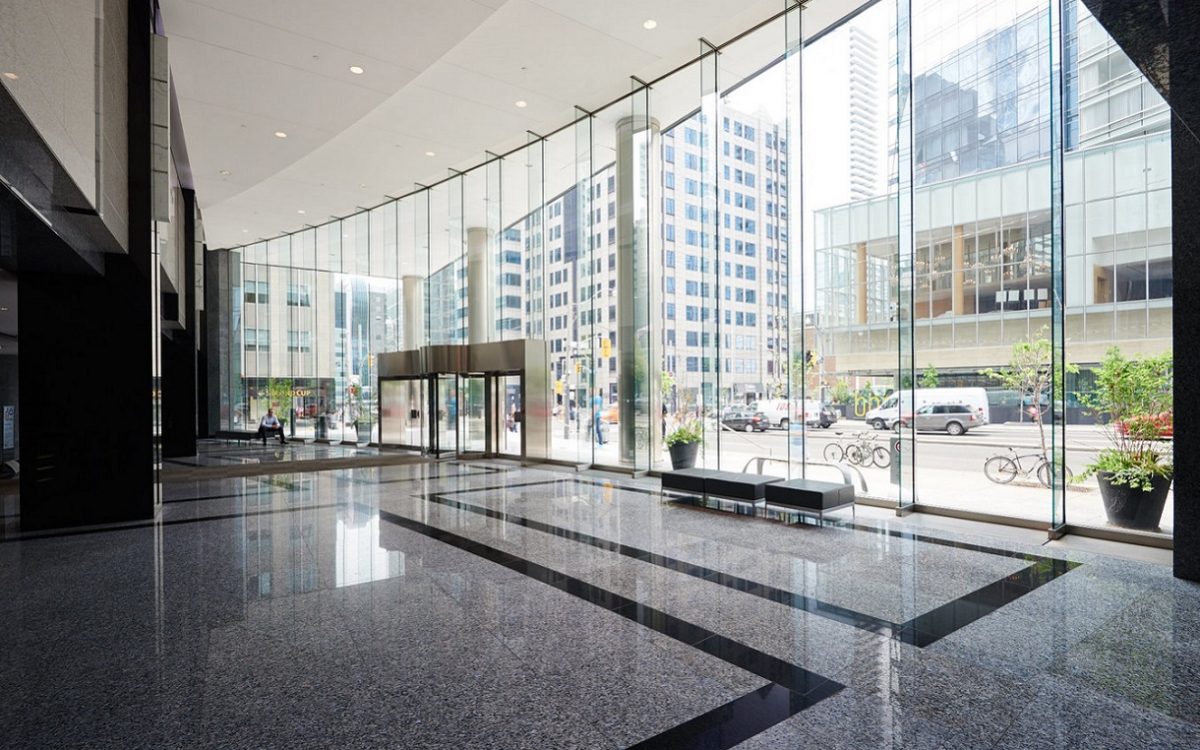The claimant appealed the Tribunal’s decision that he had not given adequate notice to the insurer of his intention to claim benefits. The claimant had been involved in an accident in February 2019, and reported the accident and physical damage to the vehicle one day later. The insurer did not advise the claimant of his right to claim benefits nor did it provide accident benefits forms to the claimant. Only 20 months later did the claimant apply for accident benefits after learning from a paralegal that he had a right to make a claim. In the interim, he had been paying for treatment and was experiencing declining psychological health, and was unable to work. The Court granted the appeal, holding that the claimant’s call to the insurer the day after the accident was sufficient notice of his intention to claim benefits. The Court held that it was incumbent on the insurer to advise the claimant of his right to claim accident benefits, or at a minimum, to clarify if the claimant had any injuries from the accident. The insurer’s failure to provide an accident benefits package or notify the claimant of his potential entitlement was to its own detriment, and it would be against the consumer protection purpose of the SABS to allow the insurer to bar the claim.









